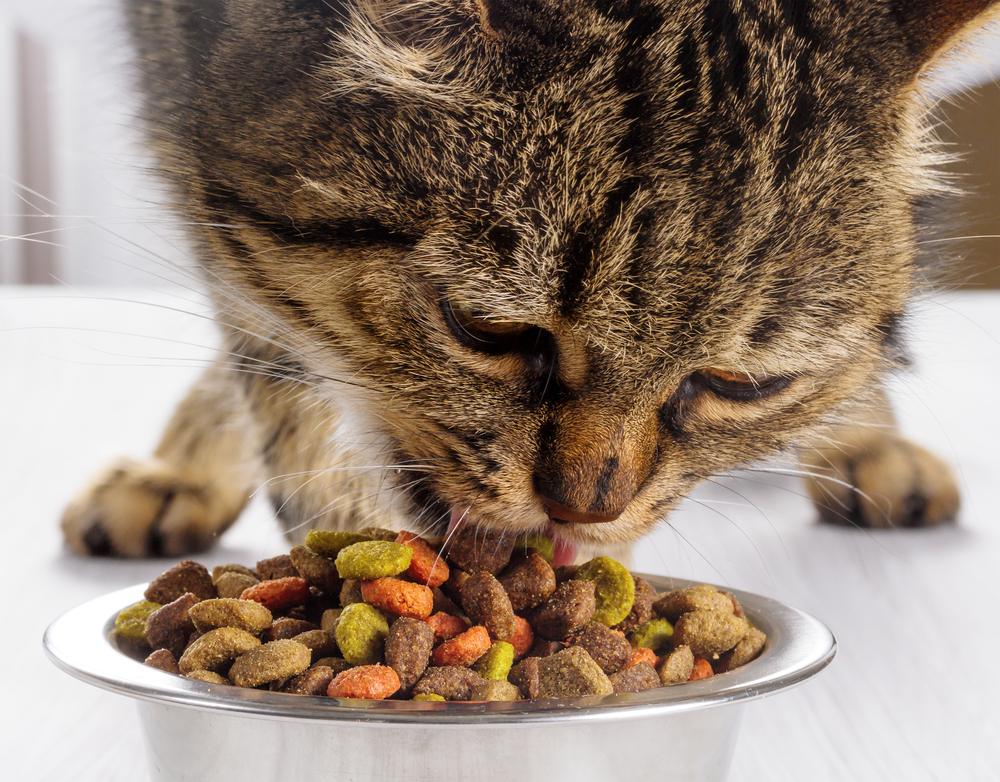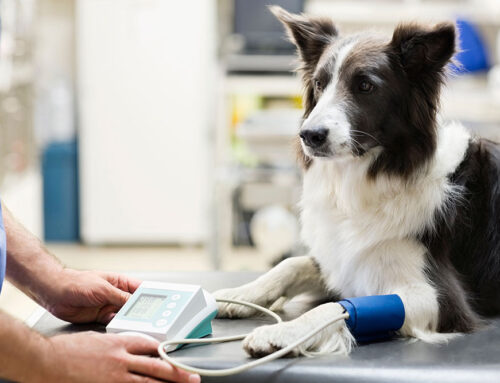When the warm weather encourages spring flowers, you may retreat indoors, despite the tempting sunshine and balmy breezes. You know that as soon as you step foot outdoors, you will suffer sneezing fits, congestion, a runny nose, and watery, itchy eyes. Because of your seasonal allergies, you prefer to wait out this gorgeous season inside your home, and hope that pollen counts will soon drop. But, you still have to take your dog outside for their necessary business. Also, while you’re dabbing at your nose with a fistful of tissues, you realize that your pooch is licking and chewing their paws raw. Are the two issues related and connected by pollen? More than likely, yes. Pets can also suffer from allergies, many triggered by the same allergens that affect people. Here are five other facts you may not know about allergies in dogs and cats.
#1: Antihistamines are often ineffective against allergies in pets
While you’re stockpiling Benadryl, Zyrtec, and Claritin to battle your allergy symptoms, the same products are not likely to give your pet the same relief. Unlike people, pet allergy signs tend to manifest in their skin, rather than their eyes and nose. While you are accustomed to sneezing and watery eyes, your allergic pet will display the following signs:
- Red, irritated skin
- Chewing, licking, and scratching
- Chronic ear infections
- Hair loss, especially on the hind end
- Paw licking
- Face rubbing
- Anal gland issues
Occasionally, a pet will show upper respiratory signs, which may be alleviated with antihistamines, but the more common skin issues don’t respond nearly as well to a Benadryl tablet. Fortunately, many other products and therapies can successfully battle your pet’s itching.
#2: A handful of fleas can cause a serious allergic reaction in your pet
Fleas can cause some of the worst allergic reactions in your pet, who can be perfectly comfortable and itch-free, but then overnight become an itchy, hot mess from only a few flea bites. Flea-allergic pets react to the proteins in flea saliva, so once a flea injects that protein into your pet, their skin flares up and becomes incredibly itchy. Since fleas like to hang out at the base of your four-legged friend’s tail, you’ll likely notice that most of their licking and chewing is focused on their hind leg area. The best flea allergy treatment is year-round administration of a high quality flea preventive.
#3: Your pet can receive a “vaccine” for their allergies
While your pet’s allergies cannot be cured, they can be “vaccinated” for their specific allergens. Immunotherapy works with your pet’s body to help desensitize their immune system and promote fewer flare ups and reduce allergy signs. Your pet’s immunotherapy is produced after they undergo allergy testing, and based on the allergens that cause a reaction. This solution is then injected into your pet at decreasing intervals. While your pet’s body is introduced to immunotherapy, they may require weekly injections, although monthly—or more infrequent—injections may be sufficient. Immunotherapy is not a quick fix, and often takes six months to a year to see optimal results. Once achieved, however, your pet will be much more comfortable with minimal side effects, compared with other therapies.
#4: Your pet’s allergies may worsen over time
Unlike children, who typically outgrow their allergies, cats and dogs grow into their allergies, and they tend to worsen over time. Your pet’s allergies will likely require lifelong management that must be adapted to their changing needs to ensure their comfort.
#5: Your pet most likely is not allergic to corn

Corn has been blacklisted as an allergenic pet-food ingredient, but that is rarely the case. In fact, food allergies in pets are generally rare. If your pet develops a true food allergy, the protein source, rather than corn or other grains, will be the cause. The most common food allergens are typically meat-based, but can include chicken, beef, lamb, eggs, dairy products, and fish. So, switching to a grain-free diet will likely not help your pet’s allergies, and may do harm. The FDA is currently investigating a potential link between dilated cardiomyopathy in dogs and grain-free, boutique, and exotic-ingredient diets. If your pet does have food allergies, a prescription hydrolyzed diet may be the best choice for warding off itching and discomfort.
Allergies can cause your furry pal a great deal of discomfort. Avoid letting your pet scratch and chew their skin raw by scheduling an appointment with our Fairfax Veterinary Clinic team.








Leave A Comment